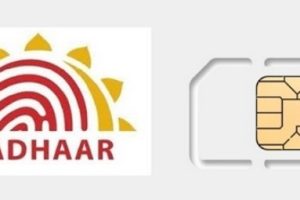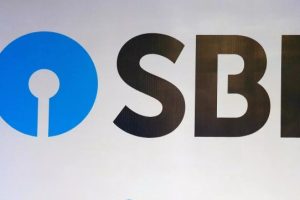While the National Pension System (NPS) has seen its popularity as a reliable retirement planning solution grow over the years, the fact is that the tax benefits that the scheme offers remain the chief draw for many subscribers.
Yet, not many maximise the tax breaks that NPS has to offer. If your employer contributes up to 10 percent of your basic salary to your NPS corpus, it is exempt from tax. However, employees have been less-than-enthusiastic about signing up for this arrangement.
In an interview with Moneycontrol in June, Pension Fund Regulatory and Development Authority (PFRDA) chairman Deepak Mohanty had pointed out that NPS’ coverage happens to be limited at present, despite the huge potential. “We have onboarded around 13,000 corporates, but the take-up rate by the employees is quite low,” he said.
Here’s all that you need to know about how you can gain if your employer contributes to your NPS account.
If you contribute voluntarily to NPS under the All Citizens’ Model that is open to all Indian citizens over 18 years of age, you can claim deductions under section 80C, provided you choose the old tax regime.
As an employee, your contributions of up to 10 percent of your basic salary plus dearness allowance will qualify for deductions under section 80CCD (1). You can also contribute to NPS as an individual, not necessarily as an employee. However, the deductions under this section cannot go beyond the overall 80C limit of Rs 1.5 lakh. This apart, you can claim an additional break of Rs 50,000 under section 80CCD (1B). These two benefits are generally well-known.
However, the tax benefits offered under the corporate scheme remain underutilised due to lack of awareness. Section 80CCD (2) can help you cut your tax outgo substantially if your employer contributes to your NPS corpus. This benefit is available in both old and new tax regimes.
Indian employees – resident Indians, non-resident Indians (NRIs) and overseas citizens of India (OCI) – aged between 18-70 years can register as NPS subscribers under the corporates scheme through their employers. If you are already registered as an NPS subscriber, you can also share your permanent retirement account number (PRAN) with your employer to route the contributions through this facility.
So, if you are a salaried employee and your cost-to-company structure is such that your employer contributes to your NPS, you will be eligible for a deduction of up to 10 percent of your basic salary (basic plus dearness allowance). If you happen to be a government employee, this deduction will be even higher at 14 percent. Your own contributions will continue to be eligible for deduction under section 80CCD (1) and 80CCD (1B)…..Read More
Source By: moneycontrol










